Why small farms are key to feeding the world
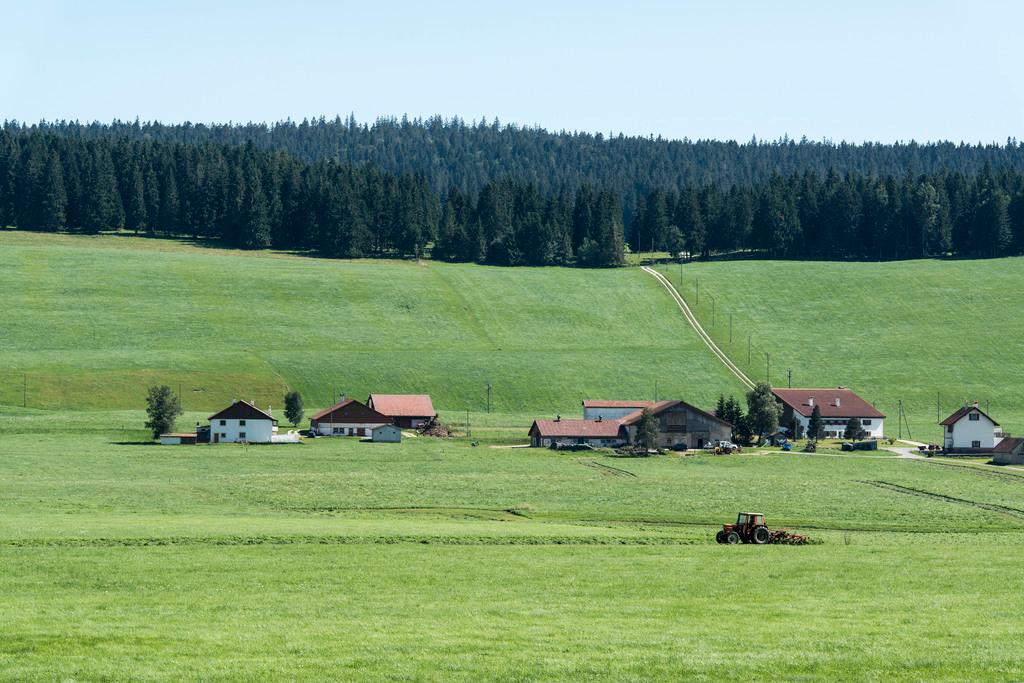
Between 1990 and 2009 the number of small farms in Switzerland halved and the average farm size doubled. With family farming chosen as the theme for this year's World Food Day, leading activist Vandana Shiva is calling for more support to small farmers.
Shiva is an “earth democracy” activist and founder of the India-based NGO Navdanya, which works to protect biodiversity, defend farmers’ rights and promote organic farming. According to Shiva, Switzerland’s attempts at food self-sufficiency could show an alternative way for farming.
swissinfo.ch: Swiss farms are getting fewer and larger. How can Switzerland become more self-reliant and still retain the family-farm model that is an important part of the cultural identity of the country?
Vandana Shiva: The reasons farms are becoming fewer and larger is a highly twisted economy that punishes small farmers and rewards industrial agriculture. One reward is the $400 billion in global subsidies for large-scale farms. The other reward is that every step of law-making, such as regulations concerning standardisation of food, retail chains, and intellectual property laws, puts a huge burden on small farmers.
For 10,000 years small farmers have done the job. Why only in this century has small farming become unviable? It is because the trade-driven, corporate-driven economic model for agriculture has been designed for large-scale farming. It has been designed to wipe out small farms. Around 70% of the food eaten globally today is produced by small farms. Small farms produce more and yet there is mythology that large scale farming is the answer to hunger
We need to revisit the subsidy question that destroys the planet and other peoples’ food economies. The moment policy internalises small farming, small farmers are going to flourish.
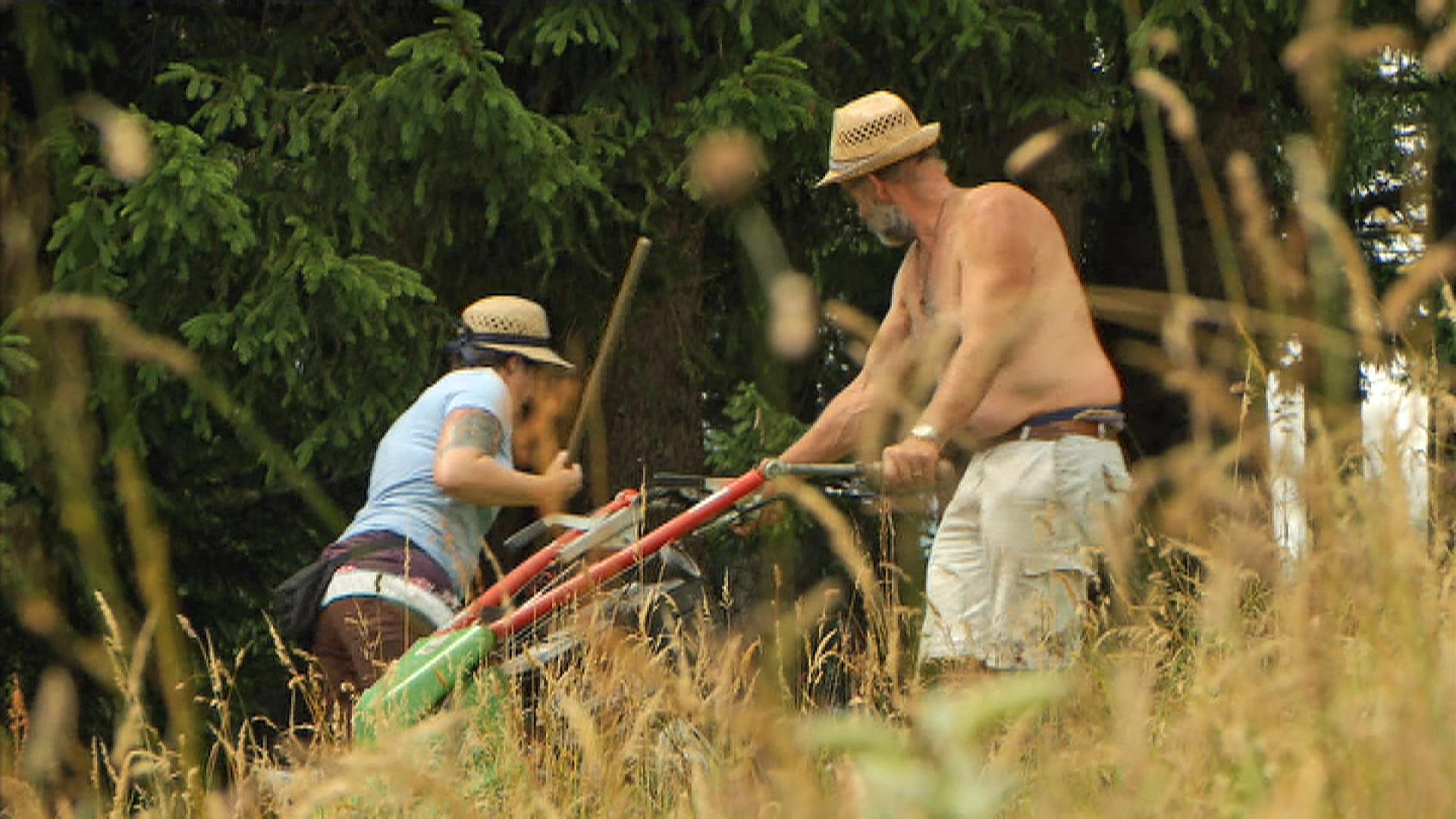
More
Swiss mountain farmers are a vanishing breed
swissinfo.ch: Developed countries like Switzerland provide subsidies in the form of direct payments to farmers that are linked to activities like protecting the environment and maintaining the landscape. What is your opinion on this?
V.S.: I differentiate between subsidies and support. A nation should support the maintenance of its waterways, watersheds, soil, biodiversity and communities. Small countries in Europe like Switzerland and Norway have taken this path. If Switzerland supports its mountain farmers it is causing zero damage to dairy farmers in India. The subsidies that cause damage are the ones that are linked to agribusiness and exports because that is where dumping starts to happen.
So I would say that ecological payments to farmers are necessary because agriculture is not just the production of commodities for global markets. It is also about taking care of the land, biodiversity, soil and water. A good farmer who is ecological and organic is doing the work of a physician giving you healthcare, which then reduces national expenditure on diseases.
So, I would completely separate subsidies to agribusiness for grabbing markets from support to small farmers to maintain a society, its ecosystems and culture. However, I am glad about this discussion over reduction of subsidies, as it can then link to issues like transition to ecological agriculture, localised food systems and that issues like increasing self-reliance and food sovereignty are coming into the picture.
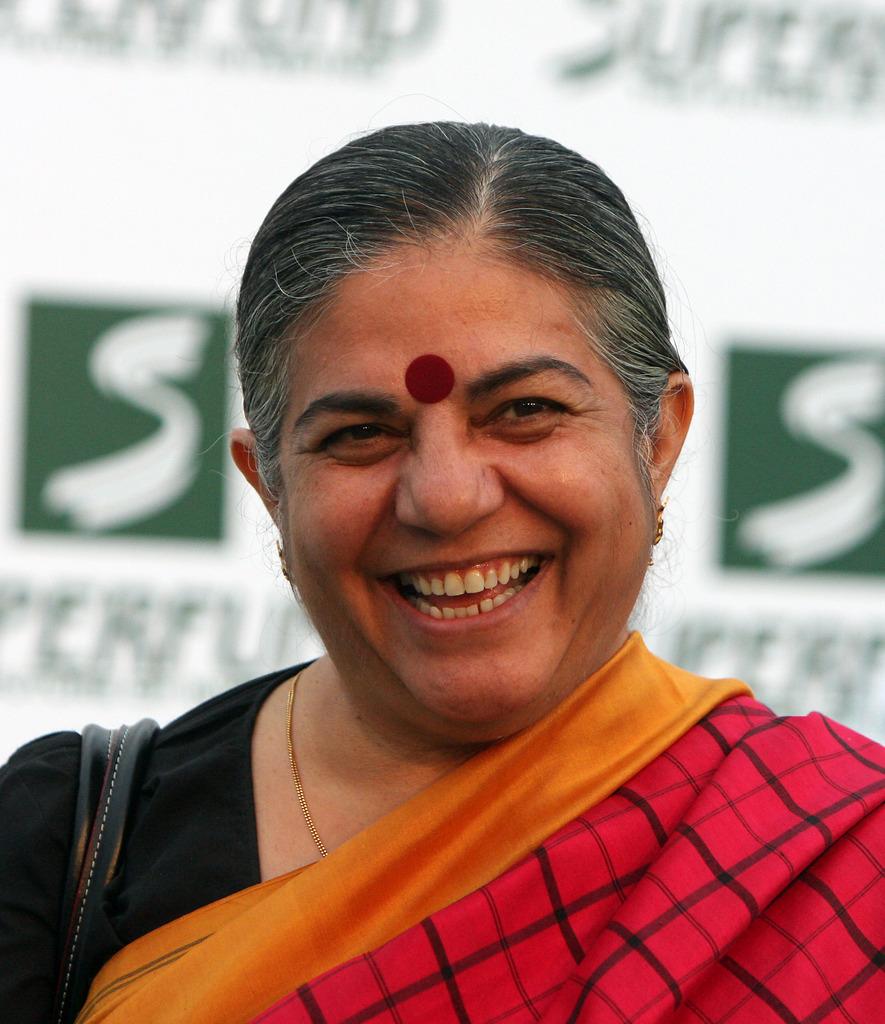
swissinfo.ch: In Switzerland, the Swiss Farmers Association has submitted an initiative that will be put to vote by Swiss citizens calling for more self-sufficiency in food production. Do you think this is realistic or idealistic for a rich but small country?
V.S.: I think if there is one country that could show another way for farming it is Switzerland. Even though Syngenta has its headquarters in Switzerland, it was the Swiss people who had the first national referendum to keep genetically modified organisms (GMOs) out. This shows that corporate power cannot take over citizen’s power in Switzerland because of the referendum system. Corporations can lobby the government to change a law but how do they get to every citizen in every canton?
Switzerland unlike the American Midwest is a mountainous area. Therefore industrial agriculture just doesn’t work there. Thus the advantages of a decentralised democracy and a mountain ecosystem makes it possible for Switzerland to even conceive such an initiative for more self-sufficiency. Mountain ecosystems and communities should be the basis for food reliance in healthy economies.
I would be very happy to this initiative grow and wish all strength to the Swiss people and Swiss farmers.
swissinfo.ch: Indian agriculture is often viewed as inefficient and backward. What can the world learn from Indian small farmers?
V.S.: India is after all supporting 1.2 billion people. We recently prepared a report called “Health per acre”. What we did was first measure the biological productivity of small, diverse farms and we converted this into nutrition per acre. A small, biodiverse Indian farm is so productive that if scaled up to all the available agricultural land in the country, we could feed twice the Indian population. Small, biodiverse farms also provide a higher net income.
The world should start seeing that these giant monoculture farms are producing commodities that are not feeding people but are transformed into biofuel and animal feed. More land for this would aggravate hunger and not reduce it. Whatever does go to human food is nutritionally empty or toxic.
Brazil has followed this path of large scale commercial production, whether it is soyabean or sugarcane, by basically destroying its campacinos [small farmers]. That is why you have the Landless Rural Workers’ Movement (MST) who are now occupying these large farms in Brazil.
The one thing no government can touch is the sanctity of the small farm and the dignity that goes with it.

In compliance with the JTI standards
More: SWI swissinfo.ch certified by the Journalism Trust Initiative

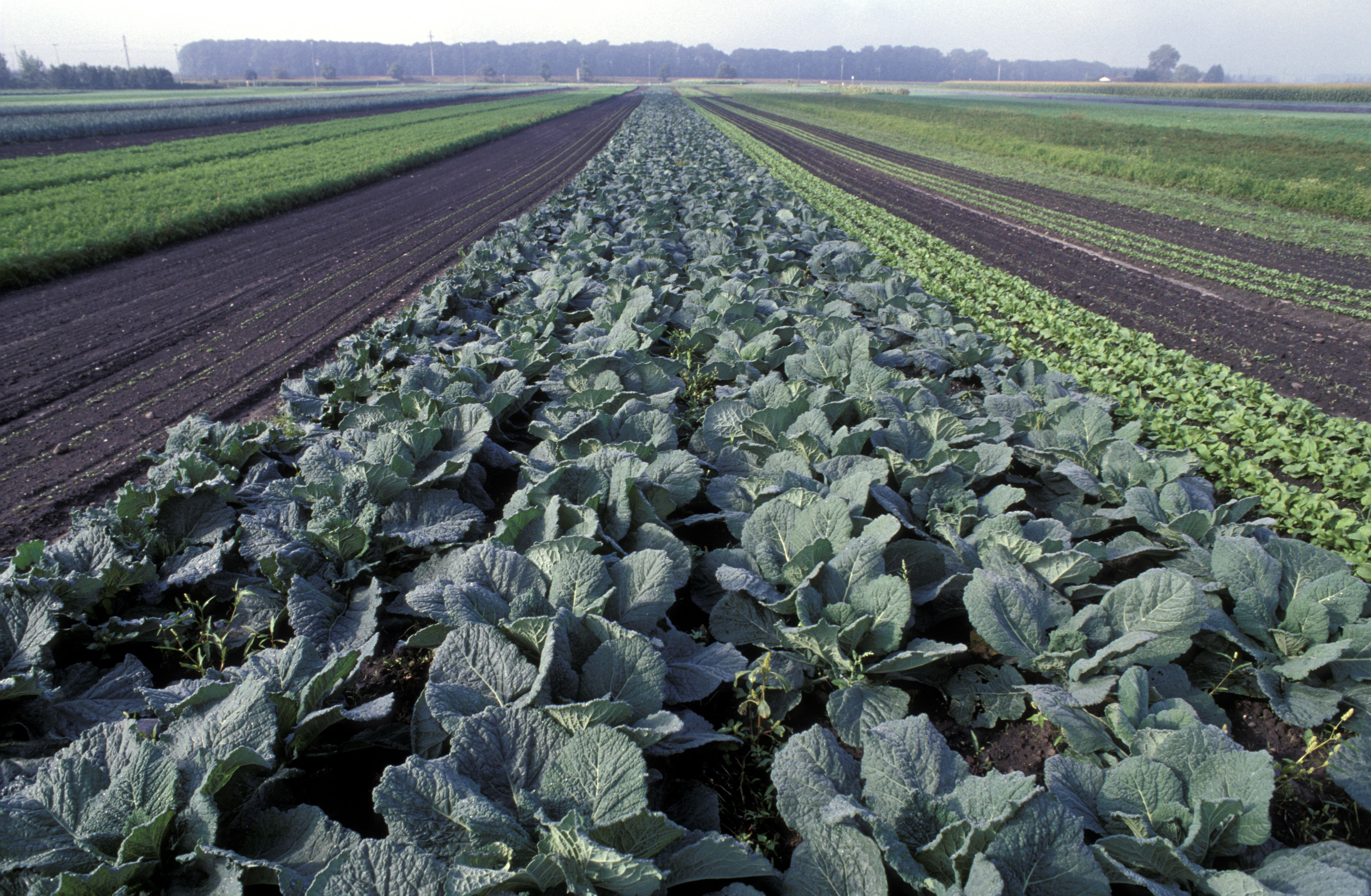
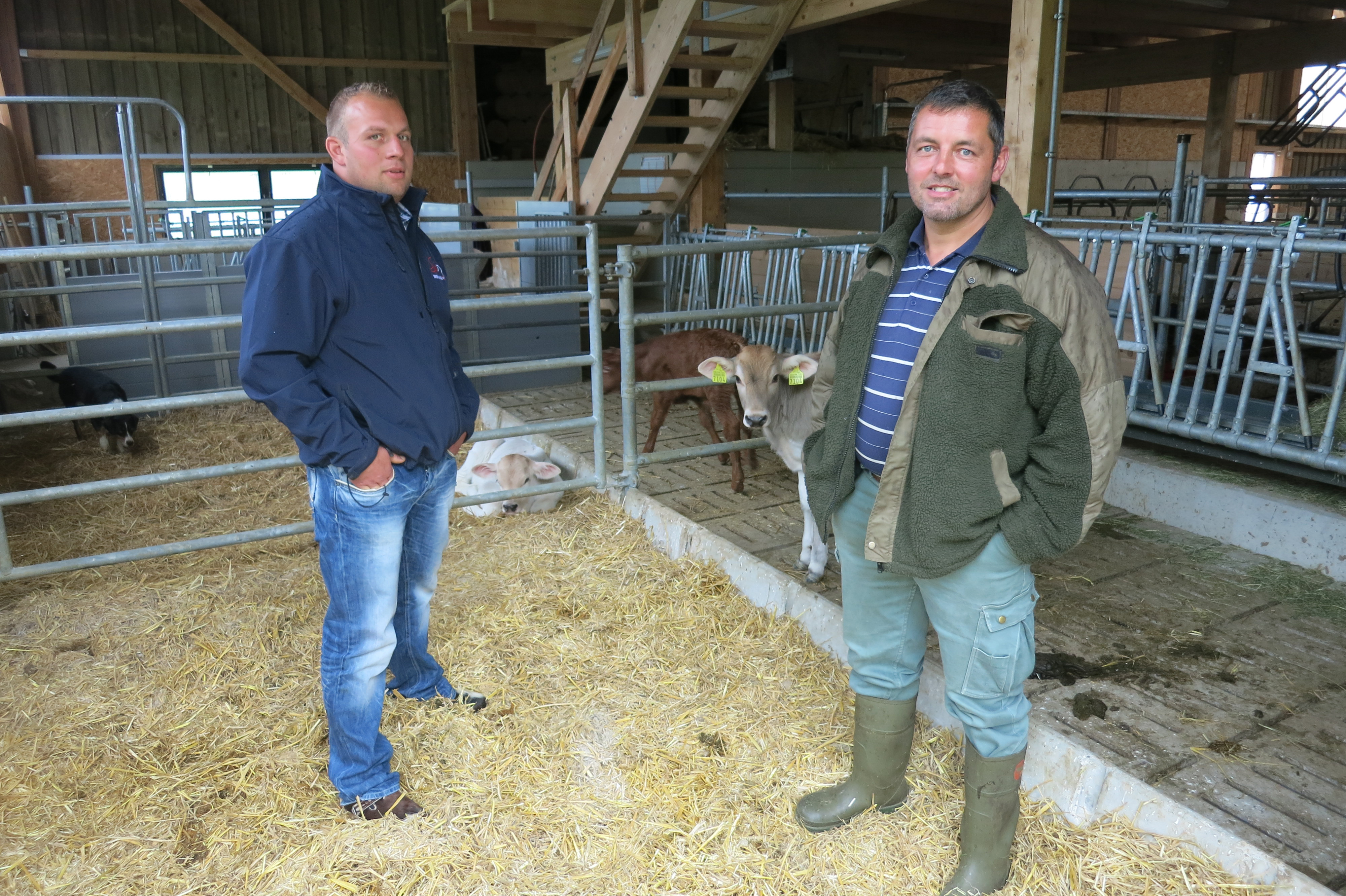
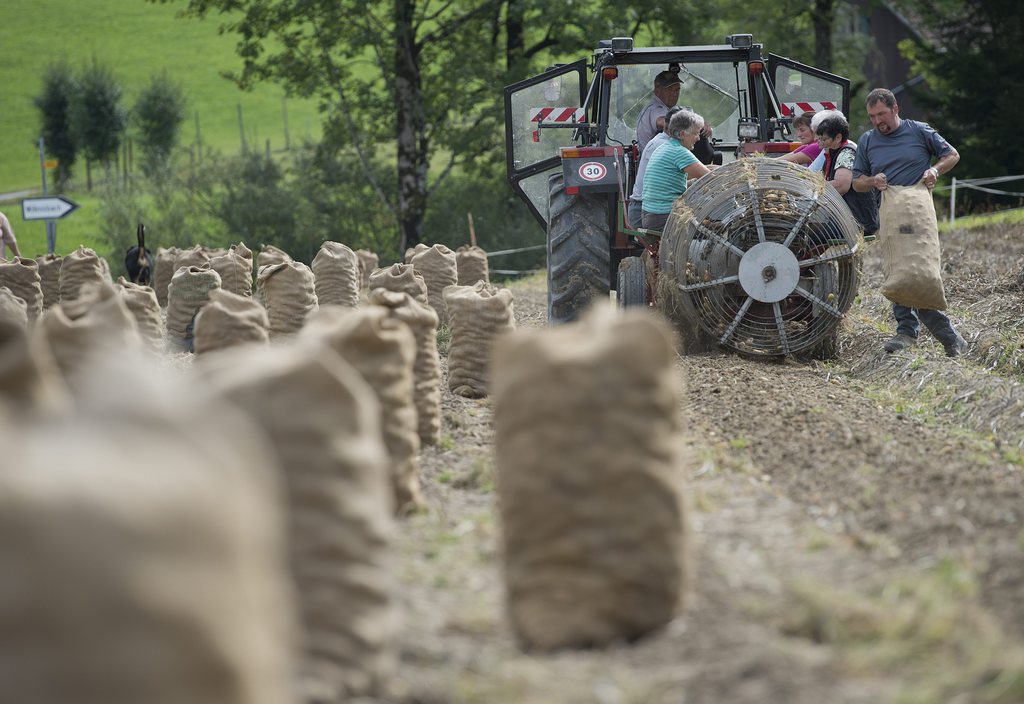
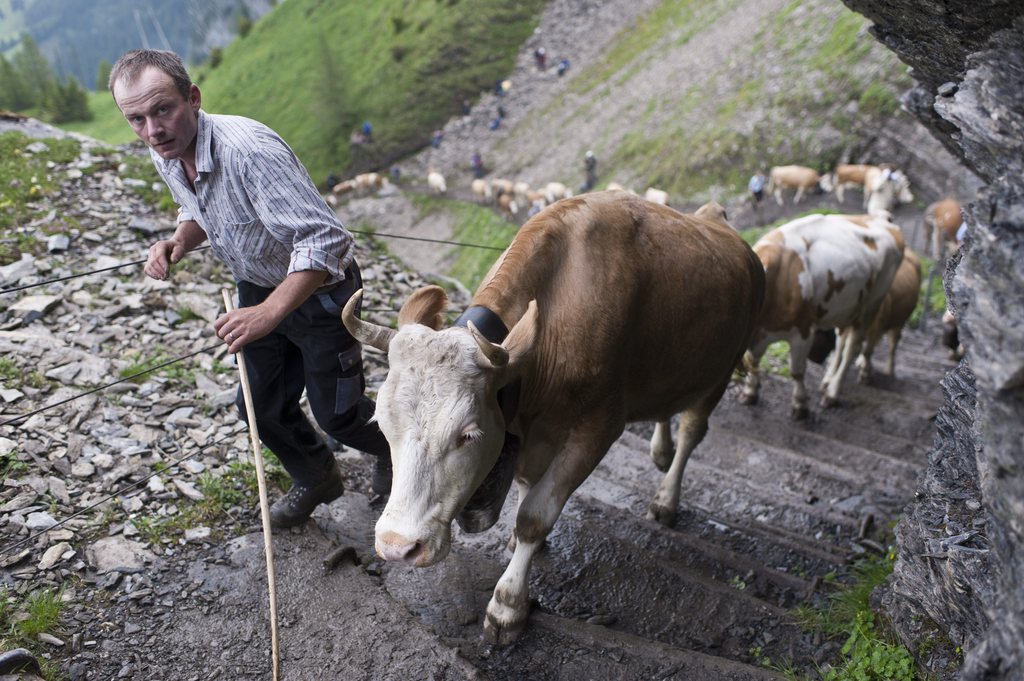
You can find an overview of ongoing debates with our journalists here . Please join us!
If you want to start a conversation about a topic raised in this article or want to report factual errors, email us at english@swissinfo.ch.